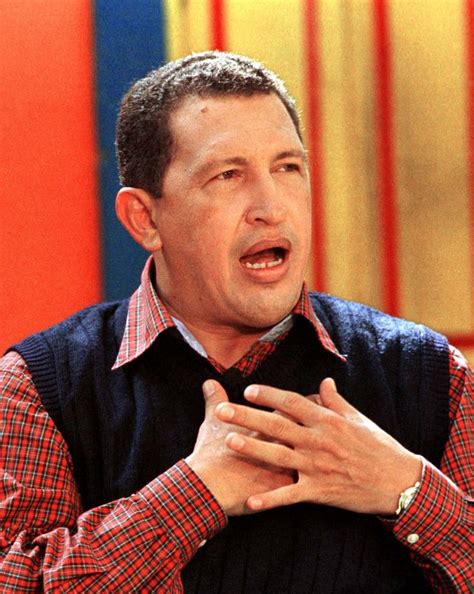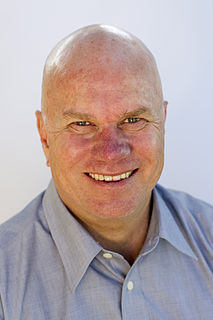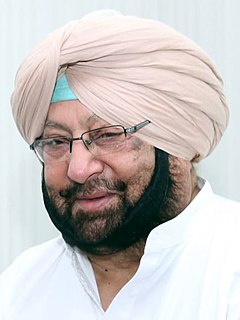Цитата Ноама Хомского
Сегодня помощь Колумбии оказывается под предлогом войны с наркотиками. Это довольно сложно воспринимать всерьез. Десять лет назад Amnesty International прямо назвала это мифом.
Связанные цитаты
Много лет говорили, что наркобароны в Колумбии непобедимы, но, тем не менее, мы устранили всех крупных капо (так в Колумбии называют наркобаронов). Уровень убийств так же низок, как и 40 лет назад, а уровень похищений людей опустился до уровня 1964 года. Теперь мы сможем бить уличных преступников, специализирующихся на вымогательстве и грабежах.
Чавес непреднамеренно выставил в выгодном свете тактику войны с наркотиками США. Настоящий подвиг, учитывая катастрофу войны с наркотиками. После изгнания Управления по борьбе с наркотиками (что не обязательно плохо, учитывая его репутацию в Колумбии и других странах) ему не удалось разработать заслуживающую доверия стратегию для Венесуэлы.
Вот вам миф, если мифы доставляют вам удовольствие: «В этом мире больше нет возможностей». Большинство людей придерживалось этого ложного убеждения пятьдесят лет назад, большинство согласилось с ним пять лет назад, и практически все придерживаются его сегодня. Ясно, что этот миф станет кричащей яростью и в будущем. Держитесь за этот миф, и вам суждено упустить большие возможности до конца жизни.
Теперь взгляните на то, как ведется война с наркотиками в течение последних 40 лет. Это уходит далеко в прошлое, но начинается с 40 лет назад: очень мало тратится на профилактику и лечение. Там много о полиции, много о пограничном контроле и много об операциях за пределами страны. И влияние на доступность наркотиков почти незаметно; цены на лекарства не меняются в зависимости от доступности. Таким образом, есть две возможности: либо те, кто ведет войну с наркотиками, сумасшедшие, либо у них другая цель.
[В]ступить в войне с наркотиками. Средний американец говорит: «Война с наркотиками принесла пользу». Остальные видят реальность. Эта война уничтожила тысячи американцев. Это также предлог для правительственных агентов, чтобы грабить невинных людей в аэропортах и на трассах - они захватывают и конфискуют крупные суммы наличными и говорят своим жертвам: "Подайте на нас в суд, если вам это не нравится". И все больше и больше судей, политиков, агентов разведки и сотрудников правоохранительных органов находятся в плену — так же зависимы от щедрости войны с наркотиками, как и сами наркобароны.
Я помню, когда быть «человеком компании» было почетным знаком; сегодня в Силиконовой долине это может заклеймить вас неудачником или, в лучшем случае, человеком, который боится рисковать. Десять лет назад, если бы вы видели резюме, в котором было несколько мест работы за десять лет, вы бы беспокоились о способностях человека. Не так сейчас.
Истерли, знаменитый экономист, представляет одну сторону в непрекращающихся дебатах с другим звездным экономистом Джеффри Саксом о роли международной помощи в глобальной бедности. Истерли утверждает, что существующие стратегии помощи не уменьшают и не уменьшат бедность, потому что они серьезно не учитывают отзывы тех, кто нуждается в помощи, и потому что они увековечивают западные колониальные тенденции.
Представление о том, что помощь может уменьшить системную бедность, и это уже произошло, является мифом. Миллионы в Африке сегодня беднее из-за помощи; нищета и нищета не прекратились, а увеличились. Помощь была и остается настоящей политической, экономической и гуманитарной катастрофой для большей части развивающихся стран.




































